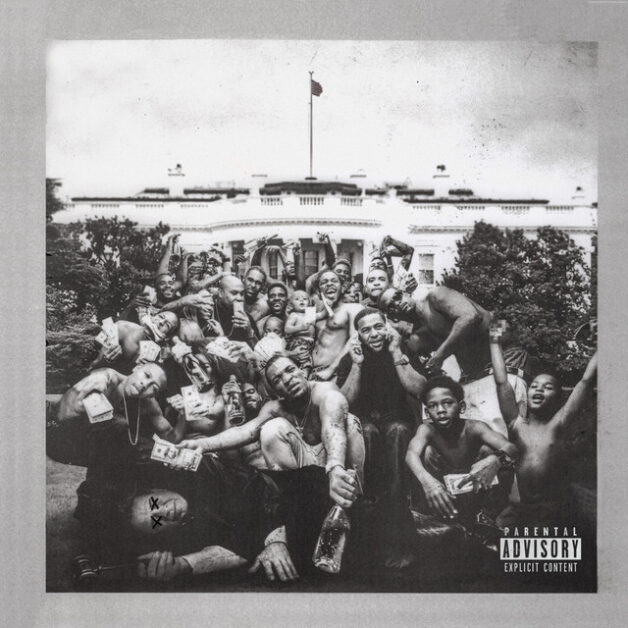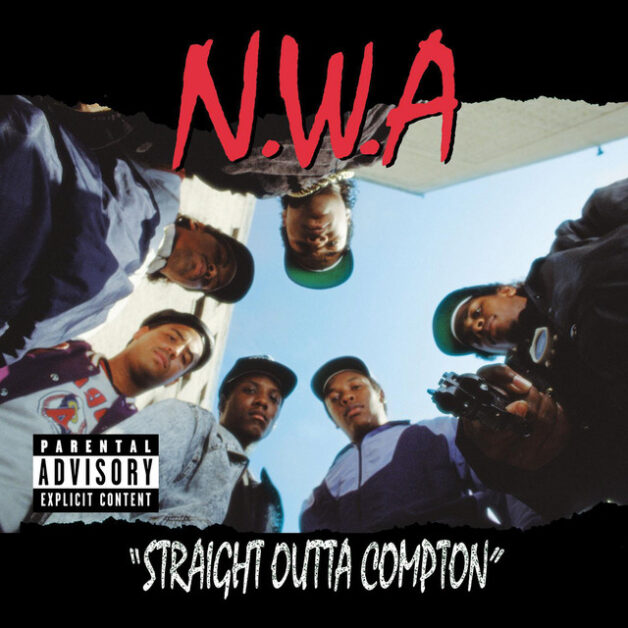“How Much A Dollar Cost,” Kendrick Lamar

Ask you average first grader and they might answer what they think the question is with 100 pennies … or four quarters. Not listening to the question, they’d furnish a reply based on what they thought you meant … “What makes up a dollar or how much to make a dollar?” A more advance mathematician might surmise that Kendrick was asking, “How many things can you get for the cost of a dollar?” He would be wrong also. With his song, “How Much A Dollar Cost?” K Dot is pushing you to abandon elementary notions of problem-solving to solve the greatest socio-political problem facing America — Apathy.
In the song, Kendrick tells the story of an encounter with a homeless man in South Africa that (in his view) is begging for money to feed his vices. The meeting instead turns into an interrogation of sorts into his soul. Various questions are asked throughout the song that easily invites the listening into this transformative exchange: At cost, is financial success important to you? What is (or is there) currency of payment for the sale of one’s soul/heart/integrity etc. What is the true worth of money? Is it to park up the luxury vehicles, or to pay forward to help one another better our situations?
At the end of the song, the homeless man reveals himself to be God, aka “the Nerve of Nazareth,” a prolific title to the Christian savior given by Kendrick in that last verse.
“I’m insensitive, and I lack empathy … He looked at me and said, ‘Your potential is bittersweet’ … I looked at him and said, ‘Every nickel is mines to keep’ … He looked at me and said, ‘Know the truth, it’ll set you free’ … You’re lookin’ at the Messiah, the son of Jehovah, the higher power … The choir that spoke the word, the Holy Spirit, the nerve … Of Nazareth, and I’ll tell you just how much a dollar cost … The price of having a spot in Heaven, embrace your loss, I am God … I wash my hands, I said my grace, what more do you want from me? Tears of a clown, guess I’m not all what is meant to be.”
And this manifestation of the Imago Dei asking for one dollar bill – “nothing less, nothing more” – forced a man of material riches to confront the selfishness inside of him.
